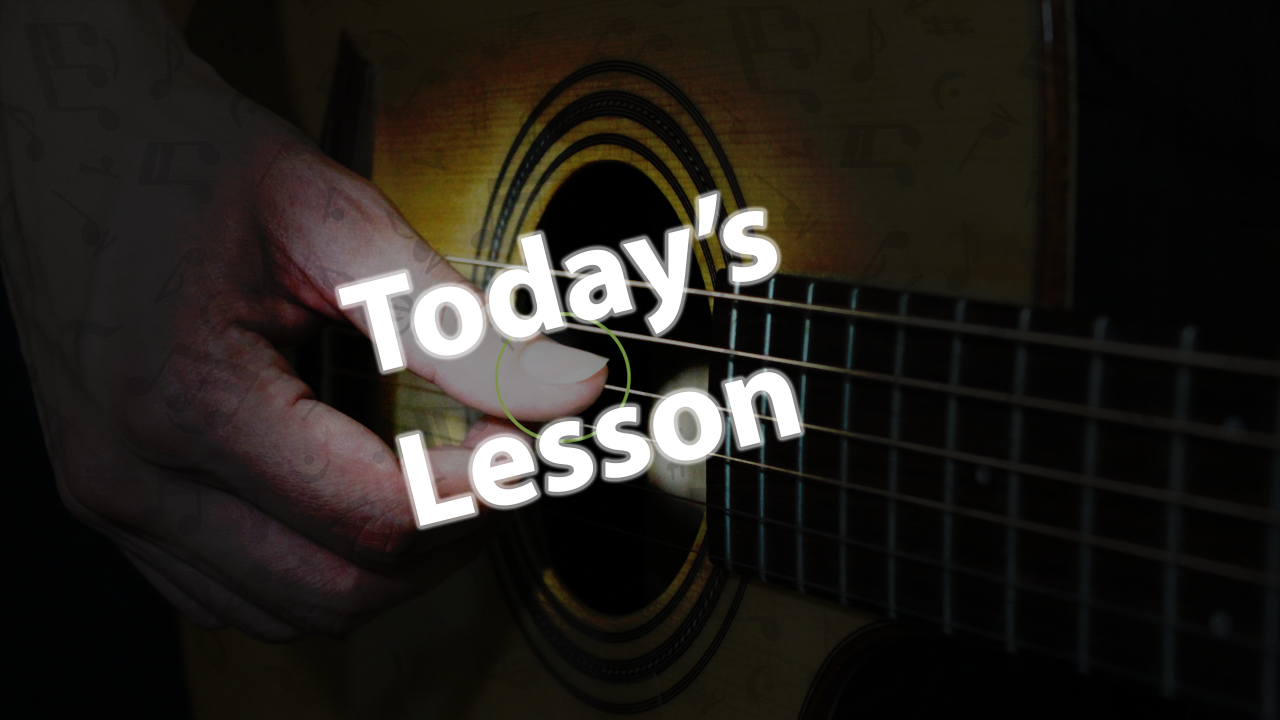Introduction:
Jazz improvisation is an essential skill for any guitarist looking to play in the jazz genre. It allows musicians to express themselves creatively and add their unique touch to a piece of music. In this article, we will explore some tips and techniques for guitar jazz improvisation.
Understanding Scales and Chords:
One of the key elements of jazz improvisation is having a strong understanding of scales and chords. Familiarize yourself with common jazz scales such as the major, minor, blues, and pentatonic scales. Additionally, learn to identify and play various jazz chords such as major 7th, dominant 7th, and minor 7th chords. Knowing these scales and chords will provide you with a solid foundation for improvisation.
Listening and Transcribing:
Another important aspect of jazz improvisation is listening to and transcribing jazz recordings. By studying the solos of jazz greats such as Wes Montgomery, Joe Pass, and Pat Martino, you can gain insight into their improvisational techniques and develop your own style. Transcribing solos note for note will also help you internalize the language of jazz and improve your ear for improvisation.
Rhythm and Phrasing:
Rhythm and phrasing play a crucial role in jazz improvisation. Experiment with different rhythmic patterns and syncopations to create interesting and dynamic solos. Pay attention to how you phrase your lines, using techniques such as call and response, repetition, and melodic development to build tension and release in your improvisations.
Exploring Different Textures and Tones:
One of the beauties of jazz improvisation is the ability to create a variety of textures and tones on the guitar. Experiment with different techniques such as fingerpicking, palm muting, and slides to add color and nuance to your solos. Additionally, consider using effects pedals such as reverb, delay, and distortion to enhance your sound and create unique sonic landscapes.
Playing with Others:
Finally, one of the best ways to improve your jazz improvisation skills is to play with other musicians. Whether it’s jamming with friends, joining a jazz ensemble, or attending open mic nights, collaborating with others will push you out of your comfort zone and challenge you to think on your feet. Not only will you learn from their playing, but you’ll also develop your ability to communicate and interact musically with others.
Overall, jazz improvisation on the guitar is a rewarding and fulfilling journey that requires dedication, practice, and an open mind. By incorporating these tips and techniques into your practice routine, you’ll be well on your way to becoming a confident and expressive jazz guitarist.


0 Comments